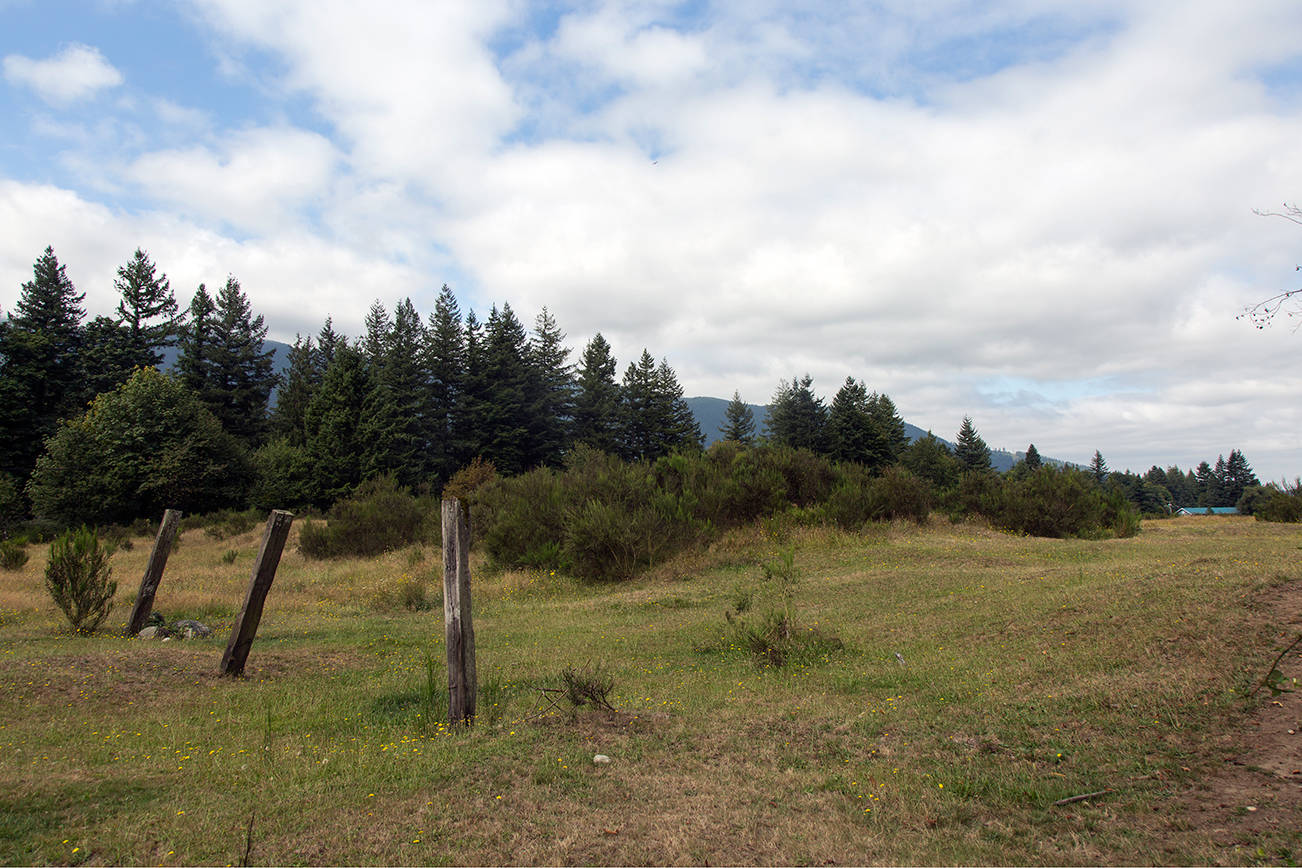North Bend has moved another step closer to providing water to a new 212-unit housing complex southeast of town.
The King County Utilities Technical Review Committee (UTRC) voted on Oct. 21 to recommend that the Metropolitan King County Council approve North Bend’s water system plan. This plan includes a contested plot of land known as the Dahlgren property, as well as another parcel that will likely be the site of a Washington state National Guard armory.
The UTRC ruling was one of the last barriers facing the city in its attempt to provide water to the Dahlgren property’s planned 212-unit housing development, after it was removed from the neighboring Sallal Water Association’s service area by a ruling last year. The developer argued that Sallal, which had trouble ensuring it would be able to provide enough water for the project, had been taking too long to provide service.
The developers of the Dahlgren property obtained a grading and clearing permit from the city to begin preparing the land for construction.
North Bend spokesperson Danna McCall said they have set aside water for the Dahlgren project. And they expect the water service plan to be approved by the county council in coming months.
“The project isn’t on target to get to the point where it will actually hook up to water service until much later in the development process, likely over a year,” McCall said in an email. “And after the developer installs a 2-mile water line to connect to the city’s water supply. Only at that point would the city be providing water to the project.”
However, the city still needs its water system plan to be approved by the county council, and the Washington state Department of Health, if it is to provide water service to the parcels.
In April 2020, Sallal denied water service to another large parcel that will house the National Guard armory. This is located southeast of the Dahlgren property. The water service plan also includes a service line, running from the city through the Dahlgren property to the site of the future armory.
The city on June 29 issued a conditional certificate of water availability to the armory parcel. These two properties in effect bisect Sallal’s service area, the UTRC staff report states.
“While having competing service areas is not best practice, it’s the only practical way to serve these two large parcels given these earlier decisions,” the report states.
The UTRC recommended North Bend’s water system plan be approved by the county council, but only for five years, instead of the usual 10 years.
It noted a number of concerns UTRC members had about the plan.
North Bend, the UTRC staff report states, is in the difficult position of being required to mitigate in-stream flows of the Snoqualmie River while also being located near the headwaters of a tributary of the river system. Mitigating its use is challenging, given topographic constraints for finding water mitigation sources.
This results in moving around “paper water,” like water rights and contracts, to meet actual water needs.
The UTRC report states that staff continues to have concerns about the long-term supply of drinking and mitigation water. A 2019 study of North Bend’s water system found there may be as little as five years of water available to meet the needs of growth in North Bend.
However, the UTRC report states that based on recent discussions with the Washington state Department of Ecology, the city still has adequate mitigation water supply available for growth.
If a dry summer were to hit, the city may not have enough mitigation water to pump back into the Snoqualmie River to offset its use. The Snoqualmie River is an important habitat for Washington state salmon.
North Bend is required to mitigate its water use during dry years. It has a primary mitigation source, where it can buy water if needed, but a Department of Ecology permit for its large Centennial Well also requires a backup mitigation source.
The city has been negotiating with Sallal for a decade, trying to strike a deal whereby North Bend would buy mitigation water from the association, and Sallal would receive water to meet its growth needs from the city. But no deal has been reached.
The city’s water system plan is predicated on reaching an agreement with Sallal within the next two years, the UTRC report states.
North Bend has also taken other steps to lower water loss and control leakage, like its water conservation ordinance, water shortage plan and water use efficiency efforts. These will reduce environmental impacts while improving water supply, the UTRC report states.
It also states that the city needs its water system plan approval to begin a capital improvement plan to develop additional mitigation strategies.
“Approval of a five-year plan, instead of the standard ten years, will allow the (city) to begin work on necessary system improvements, and provides accountability toward obtaining additional supply and/or mitigation sources,” the report states. “Staff highly encourages the City of North Bend to utilize this interim period to obtain additional sources of mitigation water or drinking water.”
In addition to a contract with Sallal, the city could try and strike a deal with Seattle Public Utilities at its Tolt River or Chester Morse projects, although the report notes these would likely be complex to implement.
The city’s water system plan is expected to go before the county council in the coming months.


